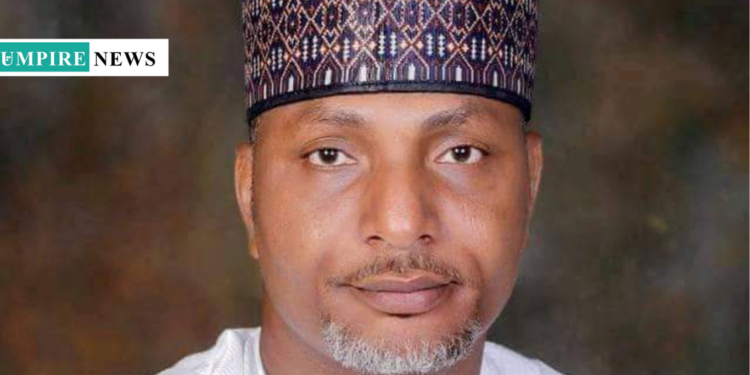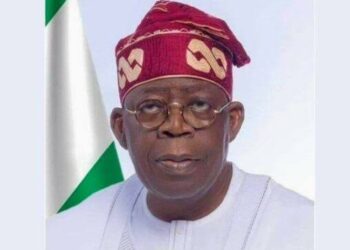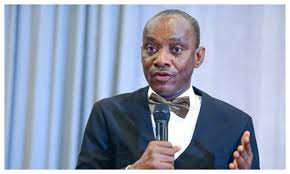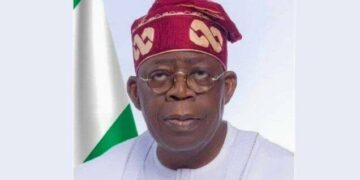The senator representing Kwara Central Senatorial District, Saliu Mustapha, has called for the inclusion of retired permanent secretaries in Nigeria’s governance and policymaking processes. Speaking at the Annual Conference of the Association of Retired Permanent Secretaries in Kwara, Mustapha emphasized the invaluable experience and wisdom that these seasoned administrators possess. He described them as the “pillars upon which Nigeria has stood,” urging that their contributions should continue to be harnessed for the country’s development.
Mustapha, represented by retired permanent secretary Kale Yusuf, pointed out that retirement should not mark the end of service for such individuals but rather the beginning of a new phase. He acknowledged the critical role that permanent secretaries played in translating policies into actionable programs and ensuring the effective functioning of administrative systems. He stressed that their insights, now free from the pressures of office, could offer unique solutions to Nigeria’s current challenges.
He further highlighted the immense potential of retired permanent secretaries to contribute to national development. These administrators, with their vast experience in governance, policy implementation, and public service, can provide valuable advice and guidance in shaping effective policies. Mustapha’s comments reflect a broader call for greater inclusion of seasoned professionals in governance, particularly those with a deep understanding of public administration.
In his address, Prof. Ishaq Oloyede, the Registrar of the Joint Admissions and Matriculation Board (JAMB), also underscored the crucial role of permanent secretaries in the policymaking process. He emphasized that these individuals were instrumental not only in the formulation of policies but also in their implementation and evaluation, ensuring that the government’s objectives were met effectively.
The call for the inclusion of retired permanent secretaries in decision-making processes comes at a time when Nigeria faces significant challenges in governance and development. Their involvement could provide much-needed expertise in addressing the country’s administrative and policy issues, offering a more informed and experienced perspective to aid in the nation’s growth and progress.
































